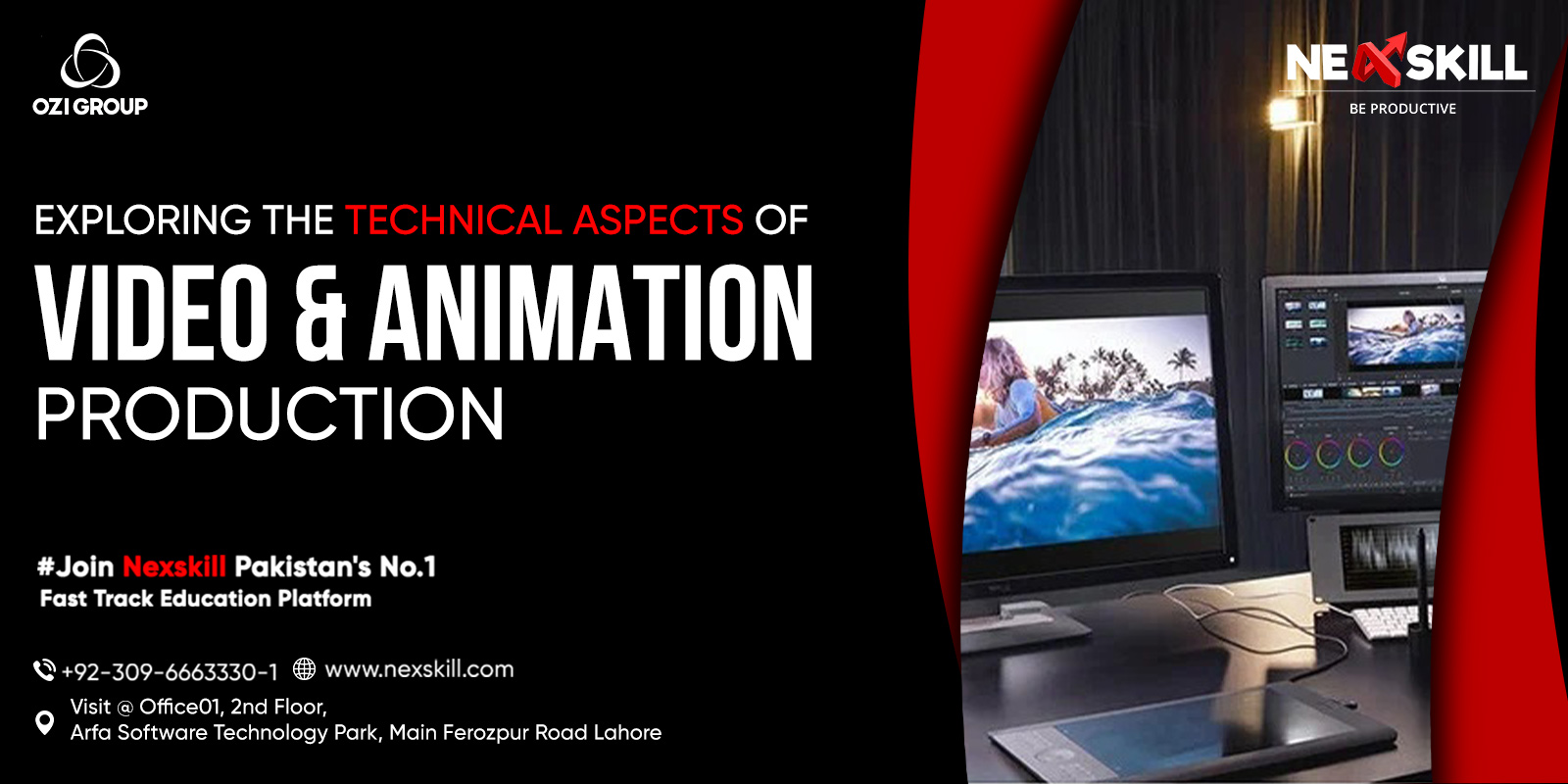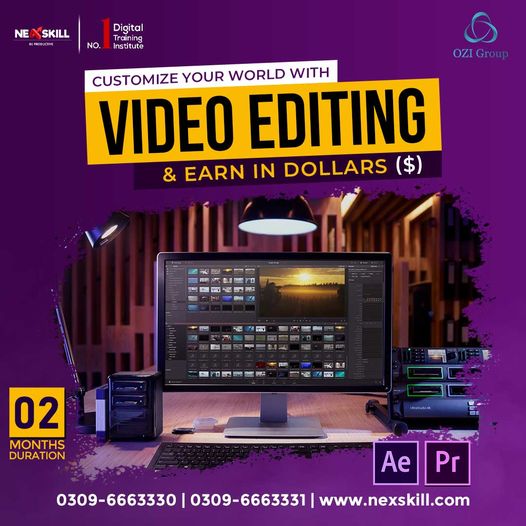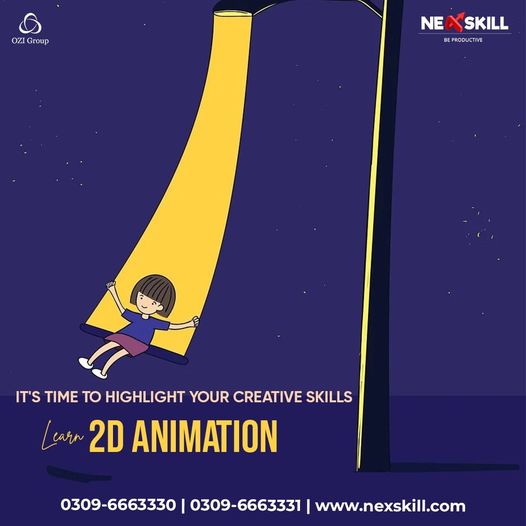
Video and animation production have become powerful tools for communication and storytelling in today’s digital age. From commercials and films to explainer videos and animated shorts, the possibilities are endless. However, behind the captivating final products lie intricate technical processes that bring these videos and animations to life. So in this article, we will explore the technical aspects of video and animation production and how mastering these skills can open up a world of creative possibilities.
Video Production:

Video production involves a series of steps that transform an idea or concept into a visual masterpiece. Let’s delve into the technical aspects of video production:
1. Pre-production
The pre-production stage is where ideas take shape, and plans are laid out. It involves tasks such as scriptwriting, storyboarding, creating shot lists, and selecting locations. During pre-production, technical considerations such as camera equipment, lighting setups, and audio requirements are also determined.
2. Production
The production stage is where the actual filming takes place. So it encompasses activities like setting up the camera, capturing footage, managing audio, and directing actors or subjects. Technical aspects such as camera angles, composition, lighting conditions, and sound quality come into play during this phase.
3. Post-production
Post-production is where the magic happens. It involves editing the footage, adding visual effects, enhancing audio, and incorporating music. Utilizing software like Adobe Premiere Pro, Final Cut Pro, or DaVinci Resolve, editors masterfully piece together the captured footage, ensuring smooth transitions, proper sequencing, and enhancing the overall visual appeal and storytelling.
Animation Production:

Animation, on the other hand, offers endless possibilities for creativity and storytelling. From traditional hand-drawn animation to modern computer-generated imagery (CGI), animation production involves several technical aspects:
1. Storyboarding
Storyboarding is a crucial step in animation production, where the script is translated into a visual sequence. So it involves creating a series of drawings or frames that depict the key moments in the animation, serving as a blueprint for the final product.
2. Character Design
Character design plays a pivotal role in animation, as it brings the characters to life. Artists conceptualize and create unique characters, considering elements such as visual appeal, personality, and movement. Sketching and digital design tools like Adobe Illustrator or Photoshop are commonly used in character design.
3. Animation Techniques
Animation techniques can vary depending on the desired style and medium. Traditional animation involves hand-drawing each frame, while stop-motion animation requires capturing a series of photographs and moving objects incrementally. So computer animation utilizes software like Adobe After Effects, Autodesk Maya, or Blender to create digital models, rigging, and animating characters or objects.
Why Choose Nexskill for Video and Animation Production Course?
Nexskill offers comprehensive video and animation production courses that equip individuals with the technical skills and knowledge needed to excel in this dynamic field. So here’s why you should consider choosing Nexskill for your video and animation production course:
1. Industry-Experienced Instructors
Nexskill boasts a team of industry-experienced instructors who bring a wealth of knowledge and practical insights to the classroom. So their expertise ensures that students receive up-to-date and industry-relevant training, enabling them to stay ahead in the ever-evolving world of video and animation production.
2. Hands-on Training
Nexskill emphasizes interactive and hands-on training experiences. Students get the opportunity to work on real-world projects, but enabling them to apply their technical skills and unleash their creativity. So this hands-on approach nurtures practical skills and confidence essential for success in video and animation production.
3. State-of-the-Art Equipment and Tools
Nexskill is equipped with state-of-the-art facilities, software, and equipment to provide students with a professional learning environment. Access to industry-standard tools such as high-end cameras, editing software, and animation software ensures that students gain practical experience with the latest technologies used in the field.
4. Networking Opportunities
Nexskill offers networking opportunities with industry professionals, guest speakers, and fellow students. So these connections help students build valuable relationships, gain industry insights, and open doors to potential collaborations and job opportunities.
Conclusion
In conclusion, video and animation production are intricate processes that involve a range of technical aspects. So mastering these skills can unlock a world of creative possibilities and pave the way for a successful career in this exciting field. So choosing Nexskill for your video and animation production course offers the advantage of industry-experienced instructors, hands-on training, access to state-of-the-art tools, and networking opportunities. Embark on your journey of technical exploration with Nexskill and unleash your creative potential in the fascinating world of video and animation production.

